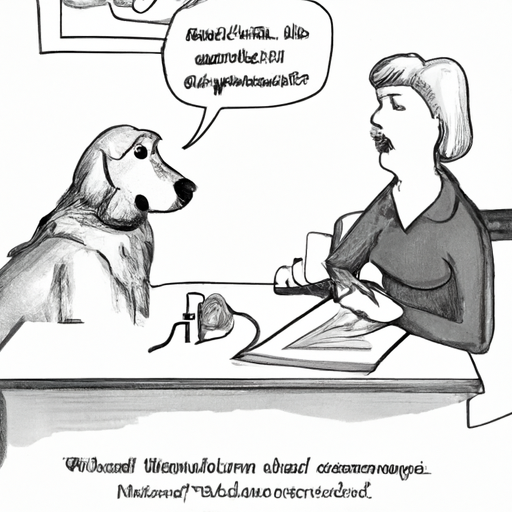Introduction
You are a caregiver. A quintessential guardian to man’s best friend. Yet, as infallible as you may strive to be, life often throws a curveball. One such curveball could be heartworms in your beloved pet. But fear not. Like the shepherd guiding his flock, let’s navigate you through the journey of eradicating heartworms from your canine companion.
Understanding the Heartworm Disease
The first step towards solving a problem is understanding it. Heartworm disease is a serious and potentially fatal condition caused by parasitic worms residing in your dog’s heart and nearby blood vessels. It’s spread through mosquito bites, turning the winged pests into inadvertent villains in your dog’s life.
| Heartworm Disease Symptoms | Description |
|---|---|
| Mild persistent cough | Could be a sign of heartworms residing in the lungs |
| Fatigue after moderate activity | Heartworms can tire out your dog quickly |
| Weight loss and decreased appetite | The disease can affect your pet’s overall health |
| Swollen abdomen | Fluid accumulation due to heart failure caused by the worms |
Diagnosis and Treatment of Heartworms
As a vigilant caregiver, you may notice the telltale signs of heartworm disease in your pet. If your dog exhibits any symptoms of heartworm disease, take them to a vet immediately. The vet will conduct a blood test to detect the presence of heartworm proteins (antigens). If the test is positive, the treatment process begins.
- Stabilize the condition: The vet might hospitalize your pet to stabilize their condition.
- Administer heartworm treatment: An FDA-approved drug, Melarsomine, is injected into the dog’s back muscles to kill adult heartworms.
Prevention is Better than Cure
The adage ‘prevention is better than cure’ rings especially true when it comes to heartworm disease. Various preventive measures like monthly tablets, topical liquids, and injectable drugs can be used to shield your dog from this ailment.
- Monthly Tablets: Products like Heartgard and Interceptor can be given orally once a month.
- Topical Liquids: Revolution and Advantage Multi are applied directly on the skin.
- Injectable drug: ProHeart 6/12 is a vet-administered injection that provides 6/12 months’ protection.
Your Role as a Caregiver
In this battle against heartworms, your role as a caregiver is pivotal. Regular vet check-ups, timely medication, and keen observation of your pet’s behavior can make a world of difference. Remember, your actions can either make or break your dog’s road to recovery.
FAQ Section
- Can heartworm be transmitted to humans?
No, heartworm cannot be transmitted to humans.
- Can my other pets get infected?
Yes, if a mosquito bites an infected dog and then another pet, it can transmit the disease.
- What is the recovery period for a dog with heartworm?
The recovery period can last between 4 to 6 weeks, depending on the severity.
Heartworm treatment can have potential side effects, but not treating the disease is far more dangerous.
- Can heartworm prevention cause side effects in my dog?
Some dogs may exhibit side effects such as vomiting, diarrhea, or skin irritation. But these are rare and should be discussed with your vet.



